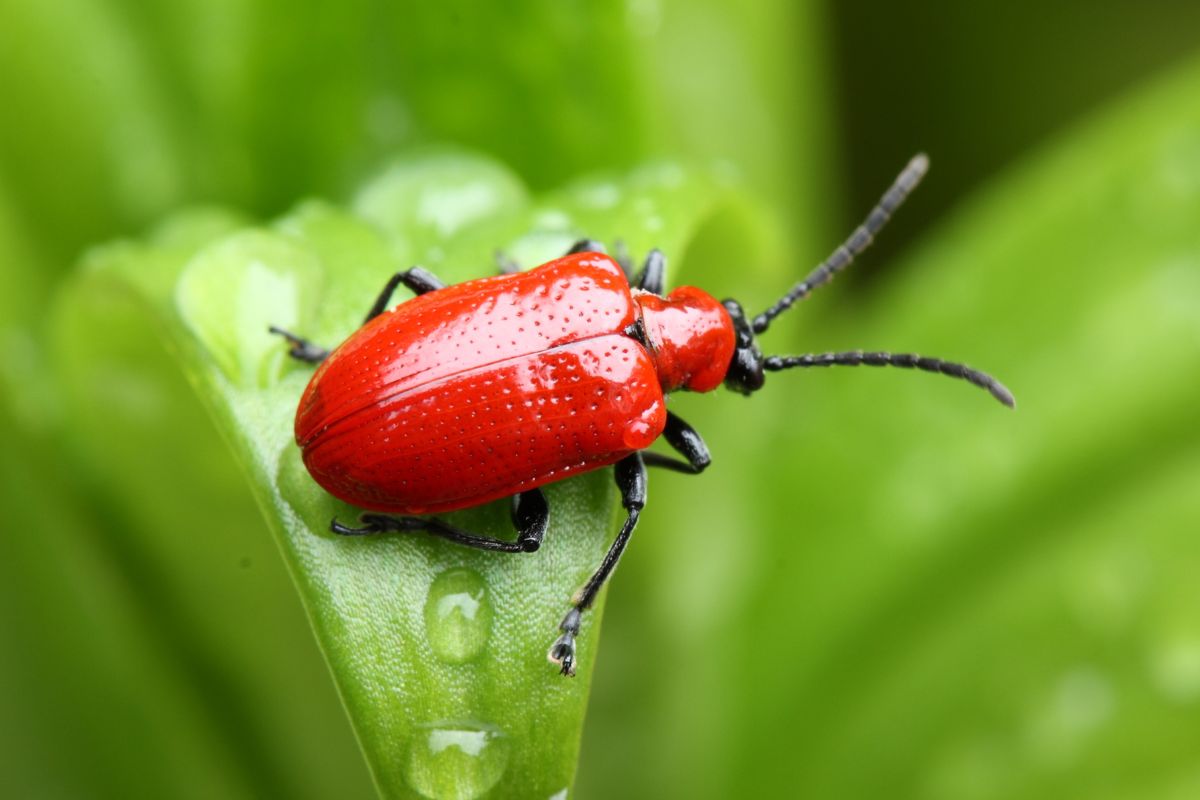To prevent costly and reputation-damaging pest infestations, you must implement a thorough pest control strategy in your hotel. This includes establishing regular cleaning schedules, focusing on high-traffic areas and sanitising surfaces daily. You’ll also need to seal entry points effectively, using caulk or steel wool to block pests. Bed bug-proof protectors on mattresses and pillows are another essential measure. By implementing these measures and training your staff on pest control, you’ll vastly reduce the risk of infestation. By taking a proactive approach, you’ll be better equipped to safeguard your hotel’s reputation and guarantee a pest-free environment for your guests.
Common Pests in Hotel Rooms
Identifying common pests in hotel rooms is critical for effective pest control. You need to know what you’re against to take the right action. Cockroaches are a primary culprit, hiding in tight spaces and producing a pungent odour.
Practical strategies to prevent and control pest infestations Humane Pest Control is essential for maintaining a clean and healthy environment. Bed bugs are another common pest, hiding in mattresses and crevices, leaving blood stains on sheets. Ants are also a problem, nesting near food sources and constructing sand tunnels.
Clothes moths can damage fabrics, laying eggs that leave sticky secretions. Rats and mice can gnaw through materials, contaminate food, and leave droppings in hotel rooms. By recognising these pests, you can take the first step towards preventing infestations and ensuring a clean and comfortable environment for your guests.
Implementing Regular Cleaning Schedules
Now that you know the common pests that can infest hotel rooms, it’s time to focus on prevention. Implementing regular cleaning schedules is an essential step in maintaining a pest-free environment. You should establish a routine that includes daily, weekly, and monthly cleaning tasks.
Daily tasks should focus on high-traffic areas, including vacuuming, dusting, and sanitising surfaces. Weekly tasks should involve deeper cleaning, such as cleaning behind furniture and appliances. Monthly tasks should include thoroughly examining rooms and common areas to identify potential pest habitats.
Sealing Entry Points Effectively
Sealing entry points effectively is crucial in preventing pest infestations in your hotel. You’ll want to inspect your hotel’s exterior and seal any cracks or crevices that pests can use to gain entry.
Check for gaps around windows, doors, vents, and pipes and seal them with caulk or steel wool. Inspect rooflines, chimneys, and attics, as these areas can be vulnerable to pest entry.
Regularly inspect door sweeps and weatherstripping to confirm they’re in good condition. By sealing these entry points, you’ll prevent pests from entering your hotel and reduce the risk of infestation. This proactive approach will help protect your hotel’s reputation and maintain a pest-free environment for your guests.
Make sealing entry points a priority in your pest control strategy.
Using Bed Bug-Proof Protectors
You’ll want to choose bed bug-proof mattress and pillow protectors with tight closures at the edges or sides, specifically designed to block out allergens and prevent infestations.
When selecting protectors, look for products labelled for bed bug protection or allergy relief, and check for water-resistant top layers to guarantee effective pest blocking.
Choosing the Right Protectors
Bed bug infestations can be costly and reputation-damaging for hotels, making bedbug-proof protectors a pivotal line of defence. When choosing the right protectors, look for products specifically for bed bug protection or allergy relief. These covers typically feature tight closures and water-resistant top layers that block out allergens and prevent bed bug infestations.
You’ll want to select mattress and pillow covers that meet these standards to guarantee the best protection. Keep quality high, as damaged or ineffective covers can leave your hotel vulnerable to infestations. By investing in the right bed bug-proof protectors, you’ll be taking an essential step in safeguarding your hotel’s reputation and protecting your guests from the risks associated with bed bug infestations.
Protector Inspection and Maintenance
Investing in high-quality bedbug-proof protectors is the first step in safeguarding your hotel against infestations. You must also regularly inspect and maintain these protectors to ensure they remain effective.
Upon arrival, inspect the covers for any holes or tears that could compromise their effectiveness. Choose products with tight closures at the edges or sides to prevent bed bugs from accessing the mattress and pillows. Look for water-resistant top layers that block allergens and provide an additional barrier against bed bugs.
Follow the manufacturer’s instructions on proper cleaning methods to maintain the integrity and effectiveness of the bedbug-proof protectors. By doing so, you can certify that your hotel’s protectors continue to provide reliable protection against bed bug infestations. Regular maintenance is imperative to preventing infestations and protecting your guests.
Ensuring Effective Protection
Implementing bedbug-proof protectors is critical in guaranteeing adequate protection against infestations in your hotel. You invest in high-quality mattress and pillow protectors with tight closures, creating a physical barrier against bed bugs.
Look for products labelled with bed bugs or allergy-resistant features. These often have water-resistant top layers to block out pests. Regularly inspect these protectors for holes or tears and replace them to maintain adequate coverage. You’ll also follow the manufacturer’s instructions on proper cleaning and care to ensure they remain in good condition.
Proper Disposal of Waste
To prevent pest infestations, you must prioritise proper waste disposal in your hotel. This involves reducing food waste attractors by ensuring all food is properly cleaned and sealed before disposal and implementing effective waste storage methods to prevent pests from accessing waste.
Reducing Food Waste Attractors
Proper rubbish disposal is imperative in reducing food waste attractors that can draw pests to your hotel. It would be best to guarantee that all waste receptacles have tight-fitting lids and are regularly emptied to eliminate potential food sources for pests.
Double-bag and quickly remove all food waste, leftover meals, and empty containers from hotel rooms to prevent attracting pests. After each use, train your staff to properly clean and sanitise food preparation areas, including floors, countertops, and appliances.
Implement a strict policy of no food or drink consumption in guest rooms to minimise the likelihood of spills and crumbs that can draw in pests. Regularly inspect and maintain waste disposal areas to address any signs of pest activity or potential entry points.
Effective Waste Storage Methods
Numerous studies have shown that inadequate waste storage contributes to hotel pest infestations. To prevent this, waste must be correctly disposed of in designated receptacles with lids. This will avoid attracting pests and eliminate potential food sources.
Double-bag waste to prevent leakage and odours. Implement a regular waste removal schedule to avoid overflow and buildup. Thoroughly clean and disinfect waste disposal areas to eliminate odours and residues—train staff on proper waste management procedures, including promptly transporting waste to dumpsters.
Maintaining Cleanliness Standards
Maintaining cleanliness standards is crucial to preventing pest infestations in hotels. It would be best if you guaranteed that your staff double-checks that all food leftovers and containers are properly sealed and disposed of to prevent attracting pests.
Discard any opened food items and packaging to eliminate potential food sources for insects and rodents. You should also properly sort and dispose of recyclable materials in designated bins to keep the hotel premises clean and unattractive to pests.
Cleaning dishes immediately after each meal is also essential to avoid leaving behind crumbs or residues that could attract insects. By quickly and correctly disposing of waste in the appropriate waste receptacles, you minimise the risk of pest infestations and maintain a clean and healthy environment for your guests.
Training Staff on Pest Control
Staff training is the backbone of a hotel’s pest control strategy. All employees must be equipped to identify and respond to pest-related issues. By training your staff, you’ll be able to prevent infestations and guarantee a clean and safe environment for your guests.
Train housekeeping staff to inspect rooms thoroughly, paying attention to mattresses, furniture crevices, and behind baseboards. Educate kitchen staff on food storage, waste management, and sanitation procedures to eliminate potential food sources. Verify maintenance personnel can seal cracks, repair screens, and address other structural issues that can serve as entry points for pests. Regularly update staff on your hotel’s integrated pest management (IPM) protocols and empower them to report any pest-related concerns promptly.
Working With Pest Control Professionals
While training your staff is essential to your hotel’s pest control strategy, you must also bring in the experts to tackle pest-related issues effectively. Negotiate comprehensive contracts with experienced pest control companies to guarantee regular inspections, targeted treatments, and customised prevention plans for your hotel’s specific pest challenges.
Collaborate closely with these professionals to monitor control efforts and identify root causes of infestations. Follow their guidance on pesticide application and maintain detailed records of pest control activities. Leveraging their expertise, you’ll stay up-to-date on industry best practices and emerging pest threats, allowing you to make informed decisions about future pest management needs. This partnership is vital to maintaining a pest-free hotel environment.
Monitoring and Evaluating Efforts
Throughout the pest control process, you must regularly assess the effectiveness of your prevention strategies and treatment methods. Monitoring and evaluating your efforts helps you identify areas for improvement, optimise your approach, and guarantee compliance with regulations.
To effectively monitor and evaluate your pest control efforts:
- Conduct regular inspections of high-risk areas, such as kitchens and storage facilities
- Review pest sighting logs and incident reports to identify patterns and trends
- Assess the effectiveness of treatment methods, including chemical and non-chemical controls
- Analyse guest feedback and complaints to identify potential pest control issues
For help with pest control, contact Bugwise Pest Control today for prompt and dependable service. Our team, with extensive industry experience, is prepared to respond swiftly and effectively to emergencies. Trust us to handle the job efficiently. We serve various locations, including Romford, Dagenham, Barking, Ilford, and the surrounding areas.





